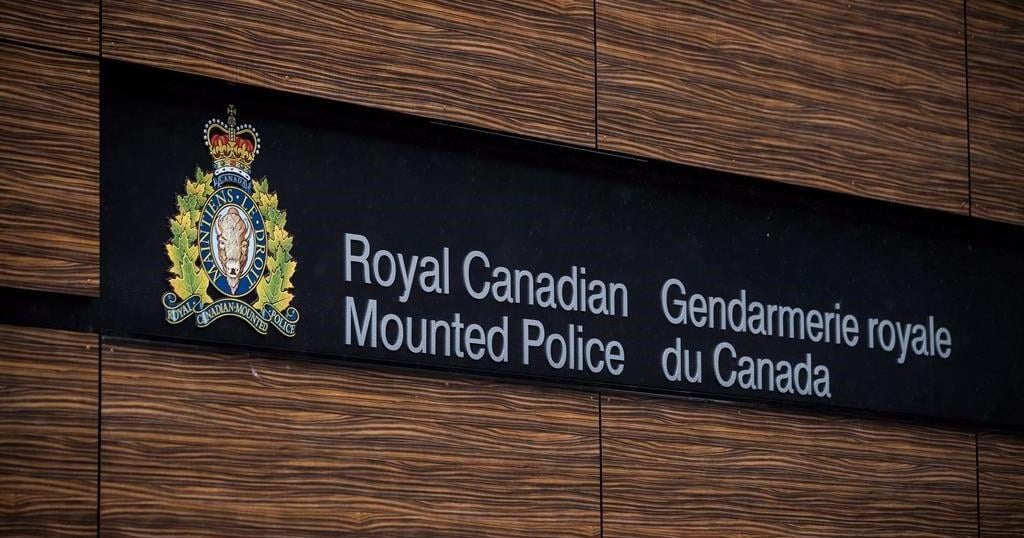FREDERICTON – A New Brunswick First Nation is calling for a “thorough investigation” after an RCMP officer fatally shot an Indigenous man during a recent wellness check.
The RCMP confirmed two officers were dispatched Sunday to the Elsipogtog First Nation where they confronted an armed man in mental distress in his home. The Mounties say the man refused to drop his weapon and would not co-operate with the officers.
The Serious Incident Response Team, which is investigating the shooting, said one of the officers used a stun gun to subdue the man, but that didn’t work. The second officer shot him with his gun, killing him, the agency said.
Ni’kmaq Notji Apogenmoet, a local Indigenous group that helps with wellness checks on the Elsipogtog First Nation, identified the victim as Iggy Dedam.
In a statement posted to social media, the First Nation said it was still gathering information.
“We are doing everything in our power to ensure that a thorough investigation is conducted and that proper justice is served,” the statement said.
Meanwhile, New Brunswick Liberal Leader Susan Holt said in a social media post that she found it “inexplicable” that a wellness check ended with a man being killed.
“My heart is breaking for the family of Steve ‘Iggy’ Dedam and the community of Elsipogtog,” she said. “It’s clear that mental health supports in this province are broken.”
A spokesman for the province’s governing Progressive Conservative party declined comment.
Jaris Swidrovich, an assistant professor and Indigenous engagement lead in the Leslie Dan faculty of pharmacy at the University of Toronto, said police are usually called for wellness checks because they are often the only first responders available to address urgent concerns about a person’s safety and well-being.
People have been “socialized” to involve police when something appears wrong because of their immediate availability and their roles as community caretakers, he added. As well, police have the legal authority to enter a property without a warrant if they believe someone is in immediate danger, he said.
“And often, folks are not even aware of other alternatives,” Swidrovich said.
A report on systemic racism in policing, compiled in 2021 for the federal standing committee on public safety, found police training on de-escalation is “critical” when officers respond to wellness checks.
The report also found that many police services insist that officers must by the first to respond to a mental health crisis or request for a wellness check, even when a mental-health worker is available and there is no known safety threat.
“This often further escalates the situation and has resulted in numerous fatalities, severe injuries and trauma,” the report said. The report recommends that mental health professionals should be “empowered” to be first responders whenever possible, while still being supported by police.
Swidrovich agreed, adding police officers often lack specialized training to properly handle mental health crises, and racist attitudes among some officers can make matters worse.
“Sometimes that bias can result in more aggressive responses, which is certainly backed up by research,” he said.
Ni’kmaq Notji Apogenmoet, which describes itself as an Indigenous watch group for the Elsipogtog First Nation, said it has a 2023 letter from the RCMP confirming the police force will work with the group during wellness checks.
The group confirmed on social media that it received a call for help at 11:40 p.m. on Sunday.
“Unfortunately for our team who received the call, the dire chain of events that took the life of our community member had transpired, and instead the team had to do their best to manage scene,” the group said.
The RCMP said it could not comment on what happened while the Serious Incident Response Team was investigating.
Meanwhile, provincial Green party member Kevin Arseneau said Indigenous leaders in New Brunswick have repeatedly called for an Indigenous-led inquiry into system racism in the province. The provincial government has rejected the request.
“We have a colonial mindset when it comes to the justice and policing system,” said Arseneau, who represents the district of Kent North, which includes the Elsipogtog First Nation.
“What needs to happen is that we finally listen to Indigenous people.”
This report by The Canadian Press was first published Sept. 10, 2024.
